Geography
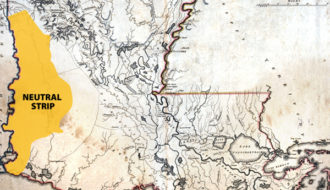
Neutral Strip
The Neutral Strip existed outside the governance of either the United States or Spain until 1821.

The Neutral Strip existed outside the governance of either the United States or Spain until 1821.

The Neutral Strip existed outside the governance of either the United States or Spain until 1821.
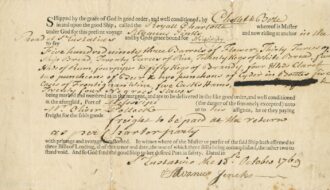
Irish-born merchant Oliver Pollock helped finance the American Revolution using profits from trading in dry goods, military supplies, and enslaved people.
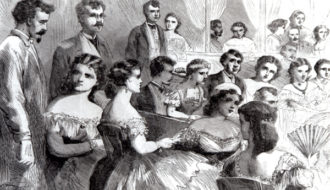
New Orleans has an almost unbroken tradition of opera that began in 1796 and first documented ballet was presented just three years later.
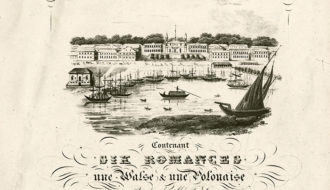
Paul Emile Johns is credited with the first performance of a Beethoven piano concerto, in New Orleans in 1819.
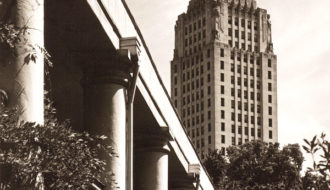
Built in 1819 as a fortification against the Spanish and slave insurrections, today the Pentagon Barracks house a museum, apartments, and the lieutenant governor's office.
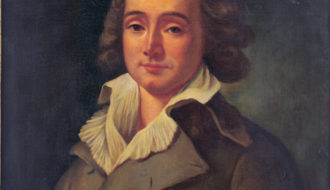
As the highest French civilian official in Louisiana, Pierre Clement de Laussat ceded control of the territory to the United States as a result of the Louisiana Purchase.
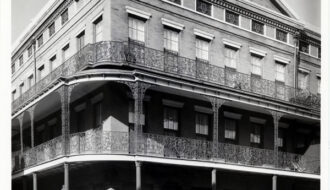
Baroness Pontalba's buildings on Jackson Square changed the haphazard design into a viable public area.
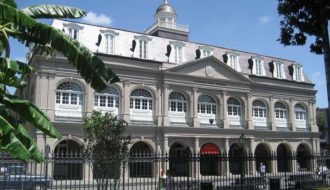
Along with the Cabildo and St. Louis Cathedral, the Presbytere figures as a major component in New Orleans' Jackson Square.
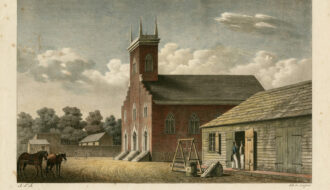
Several Protestant denominations are present in Louisiana with Southern Baptist and Methodist as the most dominant.
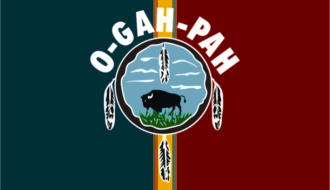
The Quapaw Indians, whose four villages were located along the Arkansas River, were military allies and trade partners of colonial Louisianans.
A pioneer planter in what is now West Feliciana Parish, Rachel O'Connor wrote more than one hundred letters describing antebellum plantation life in southern Louisiana.
One-Year Subscription (4 issues) : $25.00
Two-Year Subscription (8 issues) : $40.00